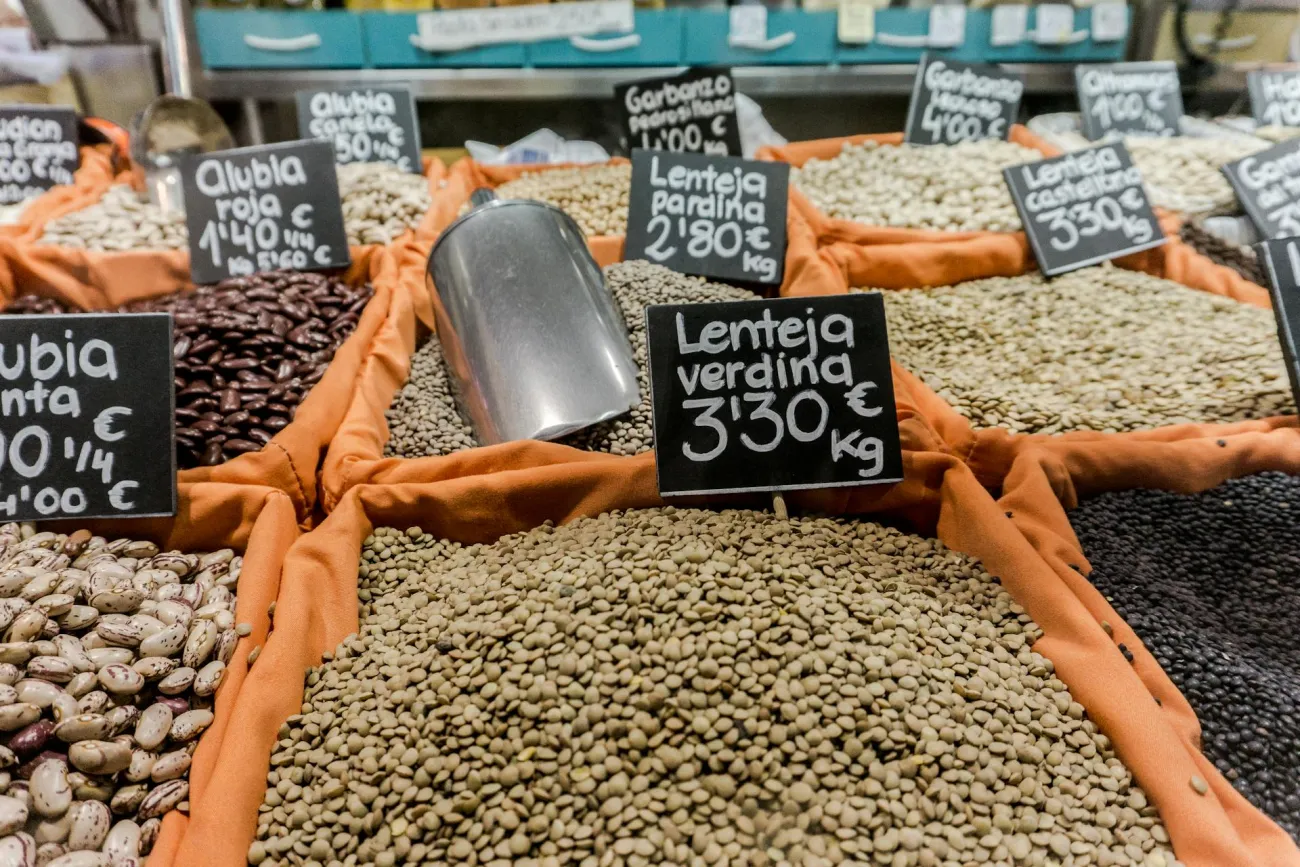This perspective piece assesses the technological readiness of a variety of food system innovations, such as artificial meat, drones and vertical farming. It also suggests eight ways in which food system innovation can be accelerated by incentives and regulation.

The paper classifies innovations into ten groups, and for each sets out the stage of the food chain to which it applies (e.g. production or processing) and its level of technological readiness (according to a framework developed by NASA). The ten groups are:
- Cellular agriculture
- Digital agriculture, e.g. artificial intelligence and soil sensors
- Food processing and safety
- Gene technology
- Health, e.g. personalised food
- Inputs, e.g. soil additives
- Intensification, e.g. expansion of irrigation
- Replacement food/feed, e.g. insects for food, microbial protein
- Resource use efficiency, e.g. circular economy
- Other, e.g. 3D printing
The authors propose eight action points to accelerate food system innovation:
- Building trust amongst the actors of the food system, through collaboration between industry, governments and citizens.
- Transforming mindsets. Food system actors should be open to learning and changing.
- Greater public dialogue on social licence and the acceptability of technologies.
- Guaranteeing changes in policies and regulations, to offer stability to investors in low-carbon technologies.
- Designing market incentives to encourage innovation, including using innovation incubators and accelerators.
- Safeguarding against indirect, undesirable effects of novel technologies.
- Ensuring stable finance.
- Developing transition pathways to make it clearer how to get from the current situation to alternative scenarios.
Abstract
Future technologies and systemic innovation are critical for the profound transformation the food system needs. These innovations range from food production, land use and emissions, all the way to improved diets and waste management. Here, we identify these technologies, assess their readiness and propose eight action points that could accelerate the transition towards a more sustainable food system. We argue that the speed of innovation could be significantly increased with the appropriate incentives, regulations and social licence. These, in turn, require constructive stakeholder dialogue and clear transition pathways.
Reference
Herrero, M., Thornton, P.K., Mason-D’Croz, D., Palmer, J., Benton, T.G., Bodirsky, B.L., Bogard, J.R., Hall, A., Lee, B., Nyborg, K. and Pradhan, P., 2020. Innovation can accelerate the transition towards a sustainable food system. Nature Food, 1(5), pp.266-272.
Read the full paper here or here (PDF link). See also the Foodsource chapter How can we reduce food-related greenhouse gas emissions?




Comments (0)